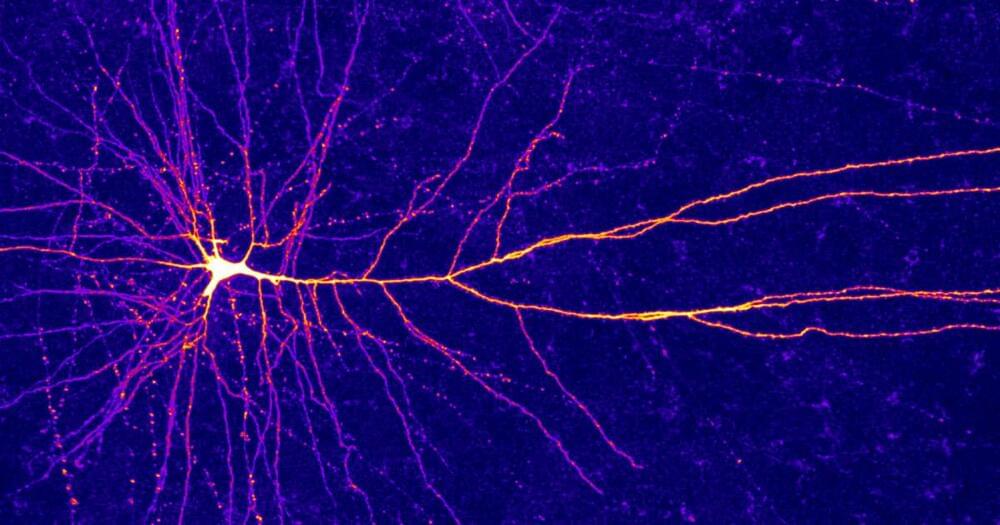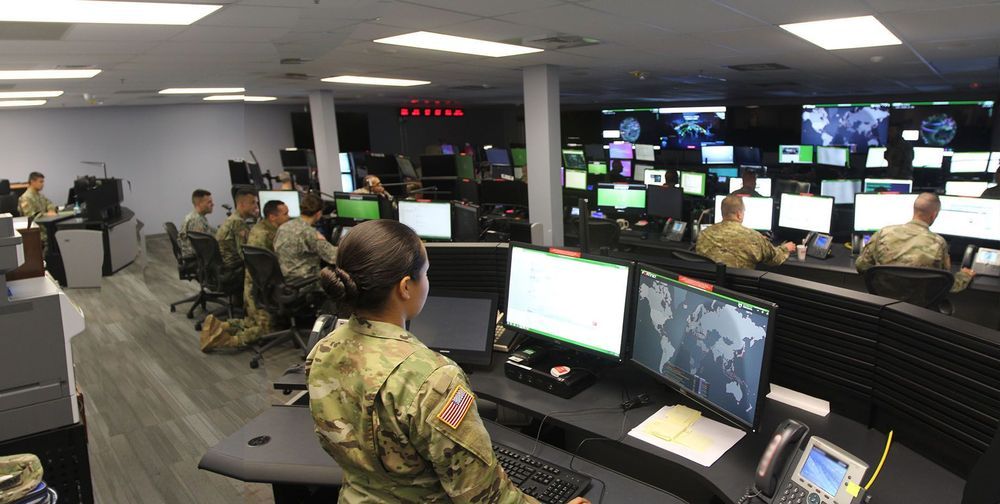Jan 15, 2020
Hidden Computational Power Found in the Arms of Neurons
Posted by Brent Ellman in categories: mathematics, neuroscience, robotics/AI
The information-processing capabilities of the brain are often reported to reside in the trillions of connections that wire its neurons together. But over the past few decades, mounting research has quietly shifted some of the attention to individual neurons, which seem to shoulder much more computational responsibility than once seemed imaginable.
The latest in a long line of evidence comes from scientists’ discovery of a new type of electrical signal in the upper layers of the human cortex. Laboratory and modeling studies have already shown that tiny compartments in the dendritic arms of cortical neurons can each perform complicated operations in mathematical logic. But now it seems that individual dendritic compartments can also perform a particular computation — “exclusive OR” — that mathematical theorists had previously categorized as unsolvable by single-neuron systems.
“I believe that we’re just scratching the surface of what these neurons are really doing,” said Albert Gidon, a postdoctoral fellow at Humboldt University of Berlin and the first author of the paper that presented these findings in Science earlier this month.
Continue reading “Hidden Computational Power Found in the Arms of Neurons” »


















